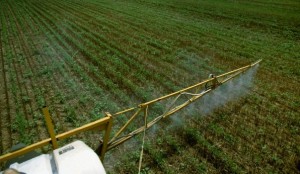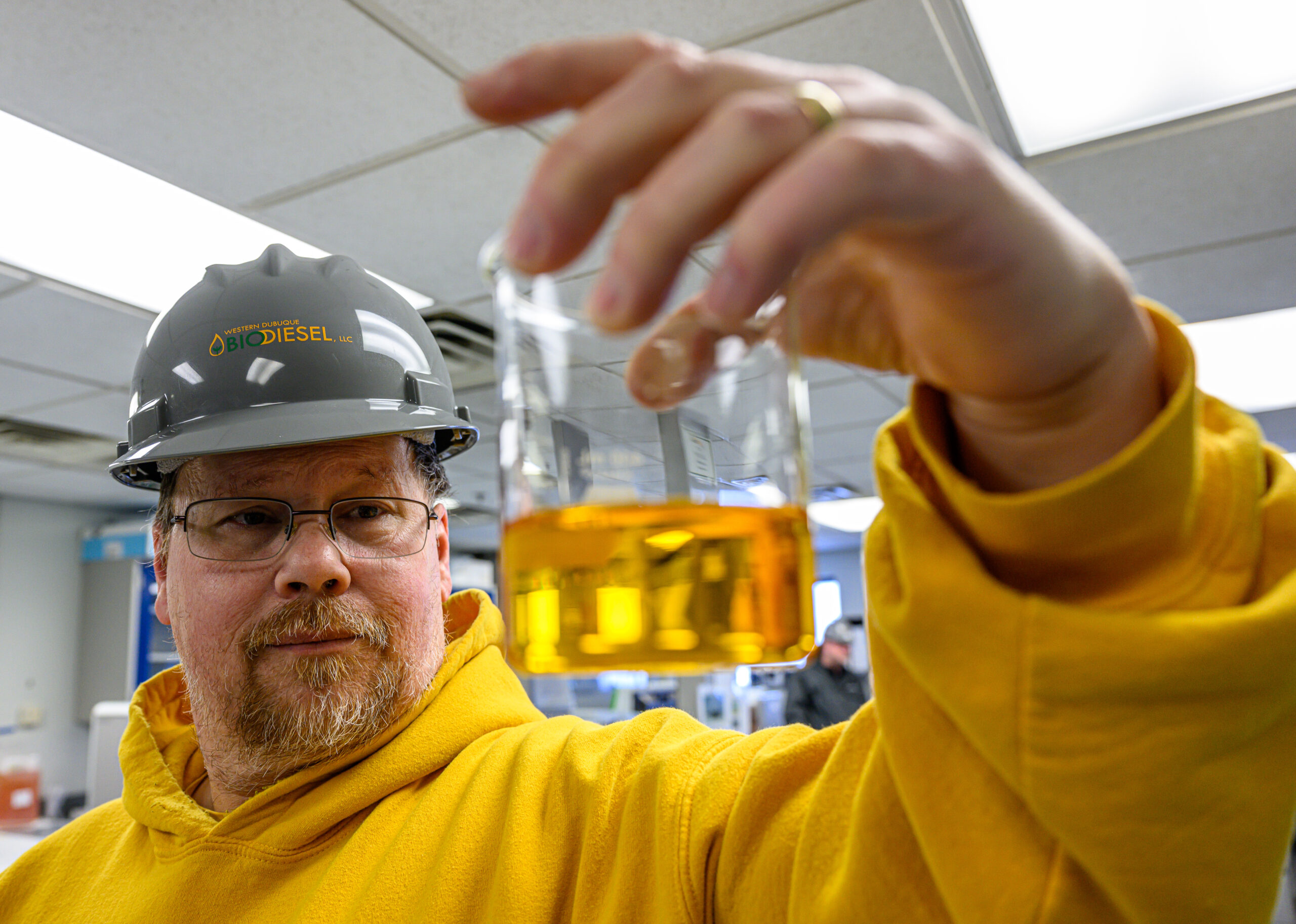Soy-Based Adjuvants Improve Crop Protection
 Soybean oil can help improve the performance of pesticides, herbicides or fungicides farmers apply on their soybean and other crop fields. Farmers use adjuvants to help keep the droplet size of these chemicals within an ideal range where the products stick to plants just enough so that they coat the leaves and achieve maximum effectiveness.
Soybean oil can help improve the performance of pesticides, herbicides or fungicides farmers apply on their soybean and other crop fields. Farmers use adjuvants to help keep the droplet size of these chemicals within an ideal range where the products stick to plants just enough so that they coat the leaves and achieve maximum effectiveness.
“Soy-based adjuvants perform as well as or better than other than petrochemical adjuvants,” says Vatren Jurin, technical director of Brandt Consolidated, an agricultural services provider based in Springfield, Ill. “Vegetable oil adjuvants are very good at sticking to the plants, and able to penetrate the cuticles of plants better than other adjuvants.”
Jurin estimates about 30 percent of all adjuvants in crop protection applications are vegetable-oil-based and 75 percent of those adjuvants are soy-based.
Soybean oil can play a role in mitigating the effects of chemicals drifting into other fields unintentionally. Soy-based adjuvants increase effectiveness by helping the product penetrate the waxy cuticle of the plant. Using soy as an ingredient also adds renewability and reduces the amount of chemicals left on the field after spraying.
“Soy-based adjuvants are biodegradable, which represents an advantage over petrochemical products,” says Jurin. “The soy-based products have no long-term environmental effects that petrochemical products may have.” Numerous choices in soy adjuvant products exist, and many can be found online on the United Soybean Board’s Soy Products Guide located on www.soynewuses.org.



